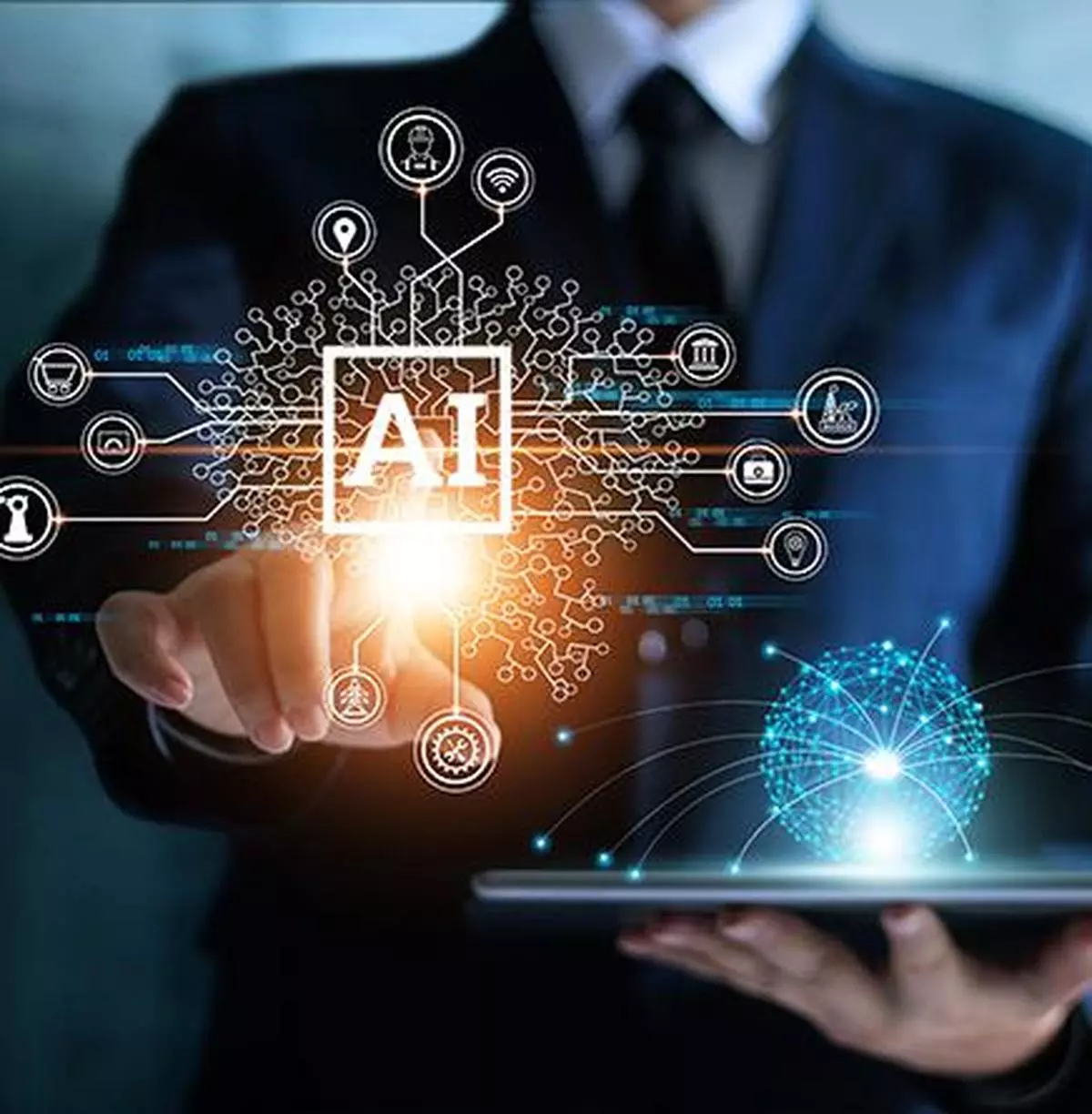
Artificial Intelligence can make trade more efficient by bringing down logistics costs significantly but the concentration of the capacity to develop AI technology in a few large economies like the US and China is creating a significant divide between countries, per a WTO report. The rise of AI is raising important data governance issues that will need to be addressed to prevent further digital trade barriers, the report titled ` How AI shapes and is shaped by international trade’ pointed out. “Under an optimistic scenario of universal AI adoption and high productivity growth up until 2040, global real trade growth could increase by almost 14 percentage points.
In contrast, a cautious scenario, with uneven AI adoption and low productivity growth, projects trade growth of just under 7 percentage points. While high-income economies are expected to see the largest productivity gains, lower-income economies have better potential to reduce trade costs,” the report estimated. The imbalance between economies in benefitting from AI, however, could be further exacerbated by the use of government subsidies to develop AI.
“This report aims to stimulate a discussion on how the WTO can promote the development and deployment of AI and help mitigate its associated risks and looming concerns about regulatory fragmentation,” WTO Director-General Ngozi Okonjo-Iweala said in the report’s foreword. In this respect, two guiding questions the report tries to address are: how can the WTO help ensure that the benefits of AI are broadly shared? How can the challenges that AI presents be addressed in a globally coordinated manner? The report argues that AI could help to overcome trade costs associated with trade logistics, supply chain management and regulatory compliance. “For instance, AI can assist in automating and streamlining customs clearance processes and border controls, navigating complex trade regulations and compliance requirements, and predicting risks,” it pointed out.
By lowering trade costs, AI can help level the playing field for developing economies and small businesses, helping them to overcome trade barriers, enter global markets and participate in international trade, it noted. Comments.














